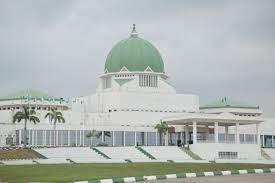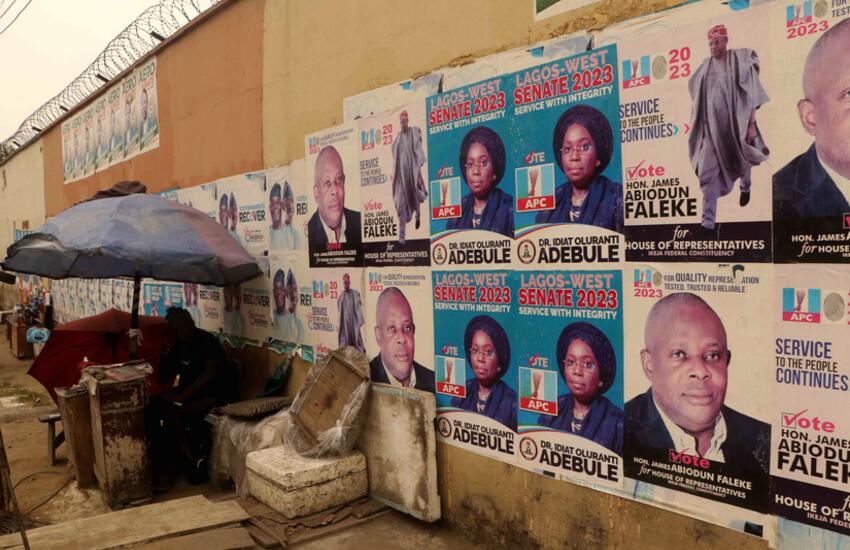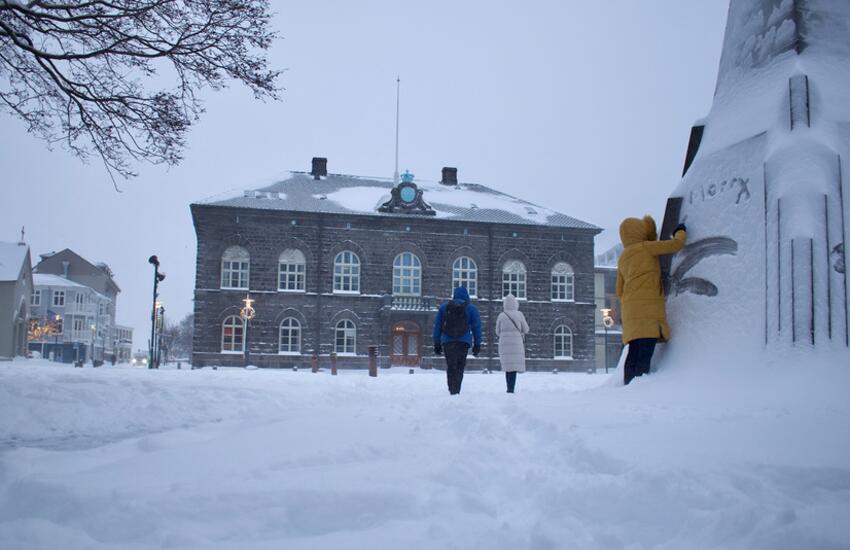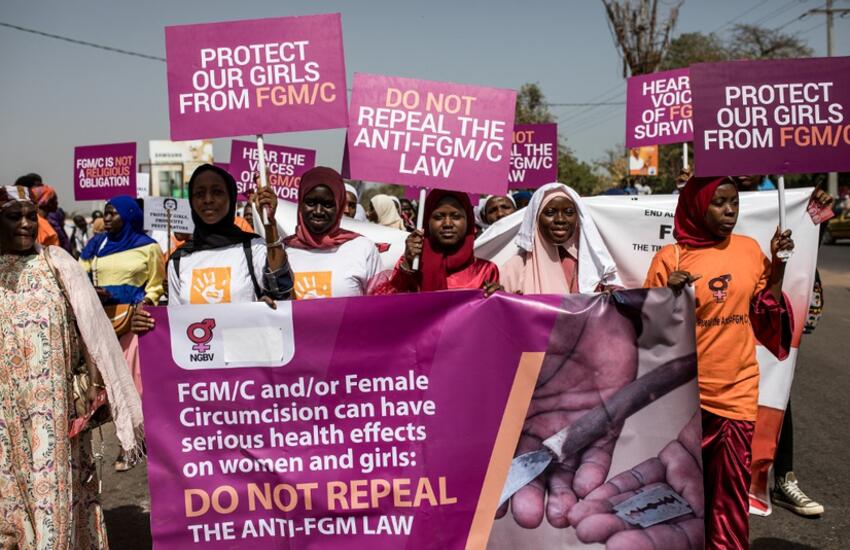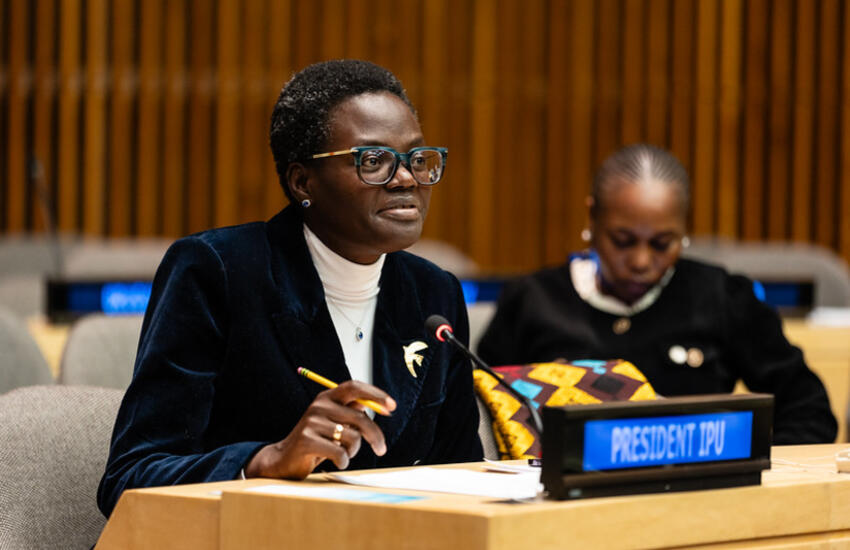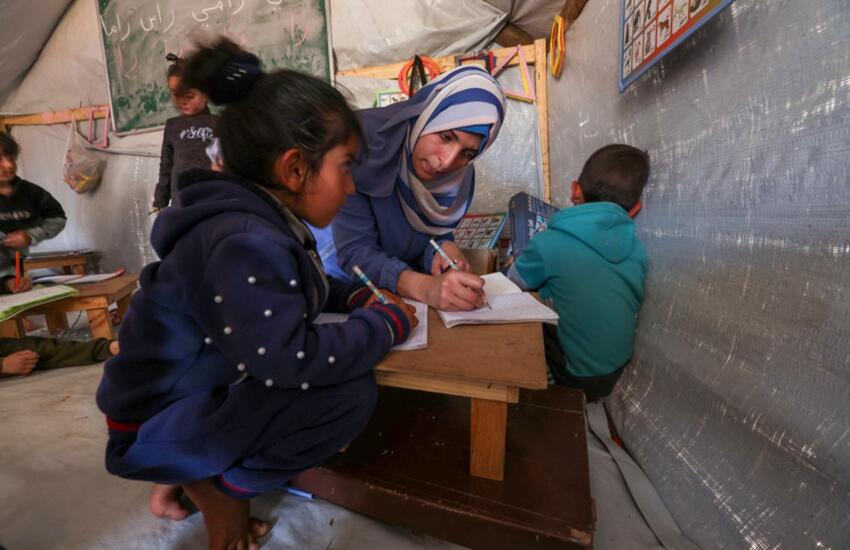On 18 July the IPU Gender Partnership Group and the National Assembly of Nigeria held an online briefing on women’s political empowerment to promote women’s participation in parliament in view of the 2023 Nigerian elections. There were 20 participants, including men and women MPs from Nigeria, Benin, the United Arab Emirates and Uzbekistan, representatives from the Committee on the Elimination of Discrimination Against Women (CEDAW), civil society, government, academia and the electoral commission.
The IPU has supported the Nigerian National Assembly in the area of gender equality and women’s political participation since 2020. After the 2019 legislative elections, the Nigerian Senate elected 8 women (7.34%) out of 109 members and the House of Representatives elected only 13 women (3.61%) out of 360 members. These figures fall well below the global average of 26.1% of women in parliament, and the objective of gender parity.
Mr. Ali Rashid Al Nuaimi (United Arab Emirates), MP, Chairperson of the IPU Gender Partnership Group and IPU Vice President; Ms. Mariama Baba Moussa Soumanou (Benin), MP, Member of the IPU Bureau of Women Parliamentarians; and Mr. Akmal Saidov (Uzbekistan), Deputy Speaker and IPU Vice President, shared experiences from their parliaments on the adoption of special measures to correct women’s historical underrepresentation in political decision-making. Successful strategies were shared, such as the adoption and adequate implementation of electoral quotas for women combined with human rights education in the field of gender equality. CEDAW member Ms. Nicole Ameline (France), stressed the importance of securing women’s rights and empowerment in all areas of life, such as education and family status, so that women can fully participate in political life.
Ms. Drude Dahlerup, IPU expert, highlighted that for a quota system to be successful implementation and enforceable measures towards political parties should be the focus. Indeed, there was an acute lack of women selected as candidates to run in elections.
Ms. Adewunmi Oriyomi Onanuga, Chair of the Women Affairs and Social Development Committee of the House of Representatives of Nigeria, requested the support of the international community in moving ahead after the rejection of five gender equality bills in the Nigerian National Assembly. Ms. Omasan Agbajoh, who spoke on behalf of the Nigerian Senate Deputy President, emphasized the importance of working with civil society to support women in political office.
The meeting also included contributions from key Nigerian stakeholders such as the Independent National Electoral Commission (INEC), the Women Affairs and Social Development Committee, the National Human Rights Commission (NHRC), the 100 Women Lobby Group and the National Institute for Legislative and Democratic Studies (NILDS), who highlighted their commitment to promote positive measures in collaboration with the National Assembly and international partners.
At the upcoming 145th Assembly to be held in Kigali, Rwanda, in October 2022, the Gender Partnership Group will pursue its dialogue with the Nigerian National Assembly and continue to steer IPU’s support for increased participation of women in Nigeria and across the globe.





